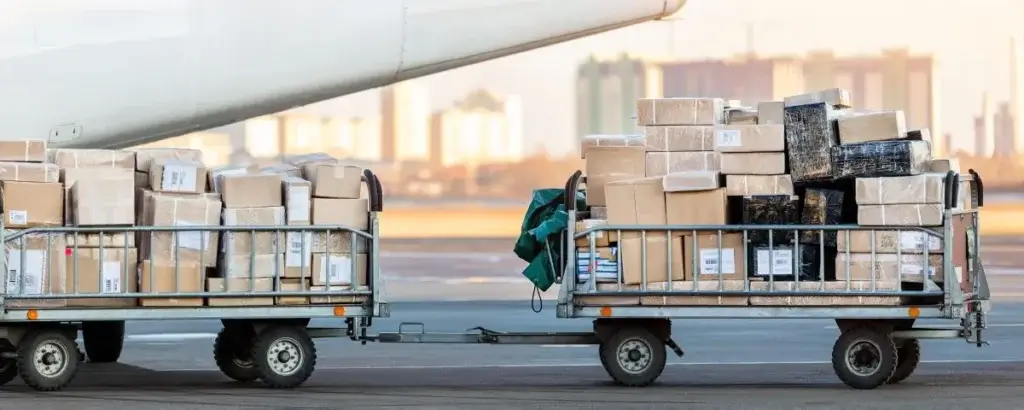The British International Freight Association (BIFA) have welcomed news that some container shipping lines are discontinuing low sulphur surcharges. However, they have also expressed anger over rumours some lines are set to implement alternative shipping line surcharges.
As BIFA made very clear in their recent press release, they have long considered shipping line surcharges as illegitimate. Therefore news that some lines are scrapping the surcharges has understandably delighted the trade association for UK freight forwarding and logistics companies.
Low sulphur surcharges “unjustified” and “blatant profiteering”
Back in 2018, the organisation branded the shipping industry’s imposition of low sulphur surcharges as “unjustified” and “blatant profiteering”. Recent comments by Robert Keen, the BIFA’s Director General, show that there has been little shift in opinion since then:
Forwarders do not like shipping line surcharges of whatever nature, and we are hoping that other lines will follow suit and also stop their low sulphur surcharges, as well as reconsider their policies in regards to applying surcharges for anything from equipment imbalance to port congestion. Over the last few years, the number of surcharges and fees has continued to grow – often with no real explanation or justification.
Warnings over new shipping line surcharges
Besides praising the decision to scrap low sulphur charges, Keen also warned that some lines are introducing alternative surcharges such as a “Merchant Haulage Surcharge” and a “Container Compliance Charge”. Such developments, he argues, would mean at least some of the costs need to be passed on to the customers.
In addition to that, BIFA’s Director General stressed that shippers need to know precisely how much they are being charged, something that ought not change on account of such surcharges.
If a shipper enters a contract to buy goods they should know exactly what they are paying and that price should not change. If they use Incoterms they can buy ex works or FOB and control the supply chain. If they let their supplier arrange shipping, they have no control over the charges applied. But in either case, additional surcharges imposed by shipping lines should not be allowed.
Before rounding off his statement, Keen asked what justification exists for adding a surcharge to the general costs of running a container shipping business. In his opinion, surcharges should already be consolidated within freight rates, with any required fluctuation being managed against that figure.
Photocredit: piqsels.com









